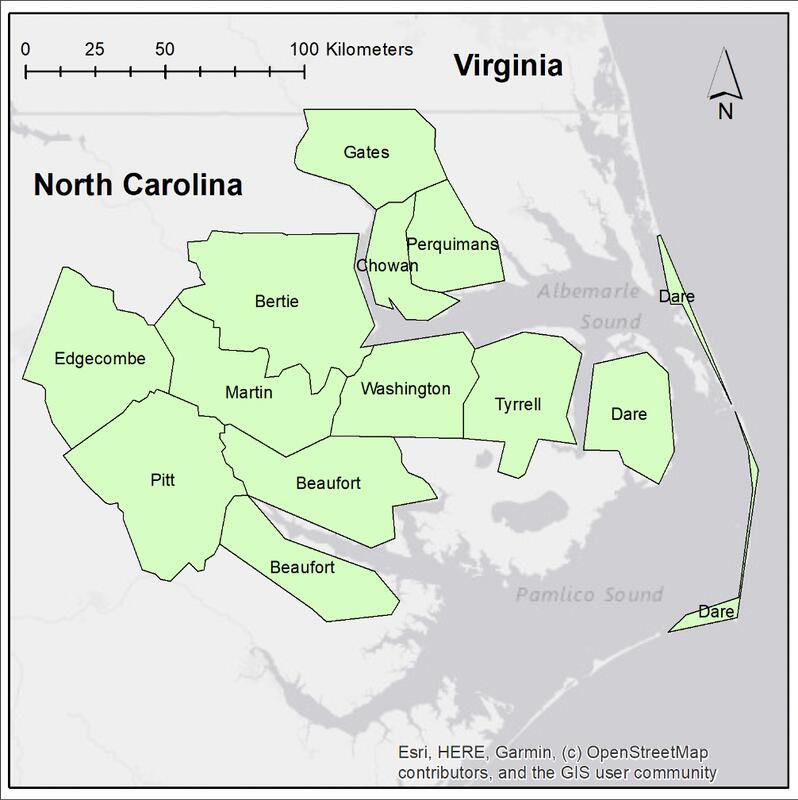
Our research article on mitigating compound coastal water hazards in eastern NC with co-authors Scott Curtis, Jennifer Helgeson, Jamie Kruse, and Ausmita Ghosh. This work was funded by a NOAA COCA/SARP grant. Link via the attached image.
Abstract: Eastern North Carolina (ENC), a predominantly rural region, experiences the intersection of fluvial, pluvial, and tidal flooding, which leads to complex and impactful outcomes. Managing these, often compounding, hazards is challenging, especially as climate change drivers, such as sea-level rise and more intense storms will likely lead to a greater incidence of compound coastal water events (CCWE). Using data from focus group interviews conducted with 41 planners and emergency managers, we examine the mitigation approaches pursued by rural counties in ENC located along the coast and those adjacent to it that share estuarine environments or linked riverine systems. Findings show that communities seek funding to clear streams and channels, to implement buyouts and elevation projects and for infrastructure maintenance. Communities also undertake floodplain management to minimize flood exposure while facing several barriers to adequate mitigation.